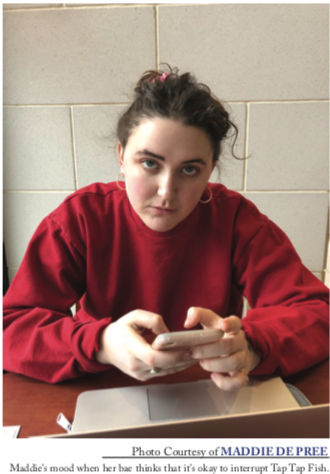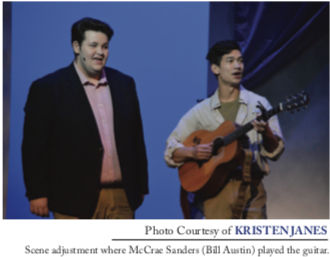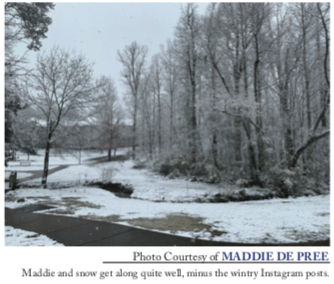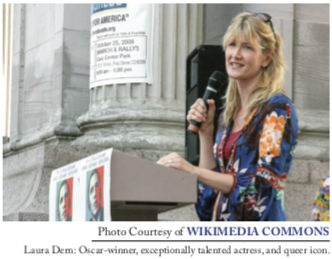On April 3, Furman University’s LGBT club EROS (Encouraging Respect of Sexualities) organized their annual gender bending event. Gender bender is a term used to refer to those who take action in challenging society’s expectations of gender roles. For example, girls who participate in this event typically are dressed in clothing that an average male would wear, such as a baseball cap, whereas boys who participate in the event often wear skirts or dresses.
Newly elected treasurer of EROS Eli Washington said that the purpose of this day is to “celebrate and honor expressivity.” Gender expressivity is a term coined by American philosopher and gender theorist Judith Butler. Gender expression, according to Butler, is the manner in which individuals perform gender roles.
“Typically, girls wear dresses and guys wear suits and ties — we were born into our genders,” Washington said. “Sex is what you’re born as and gender is what society conditions us to be. People can express themselves and their gender according to how they see fit.”
Gender bending day used to be called “drag day,” but EROS decided that the term narrowed gender expressivity. By changing the event to gender bending day, it allowed for more variety and expression.
Gender bending is celebrated throughout the United States as well as in other countries. Different cities and countries have their own way of celebrating this day, but for Furman, it is “EROS’s way of bringing the attention of gender expressivity,” Washington said.
Every year, EROS extends the invitation to everyone they can reach on campus via social media, and this year 53 people declared their intention to participate in the event.
“Anything that EROS does on campus is hard to make happen because there is a lot of discrimination on campus and with what EROS does,” Washington said. “We do what we can to be visible, and we are not backing down. We will keep doing what we do, despite what people think or say.”
Through discrimination against the homosexual community, Washington is hopeful for future generations.
“There are a few people that do not approve of what we are doing but at the same time, there are a lot of people that do approve,” Washington said. “Young adults now are a lot less homophobic. For instance, many more straight guys are now willing to participate … they are the least likely group to understand gay rights in general, and therefore it is really cool to see them participate in this event.”







































